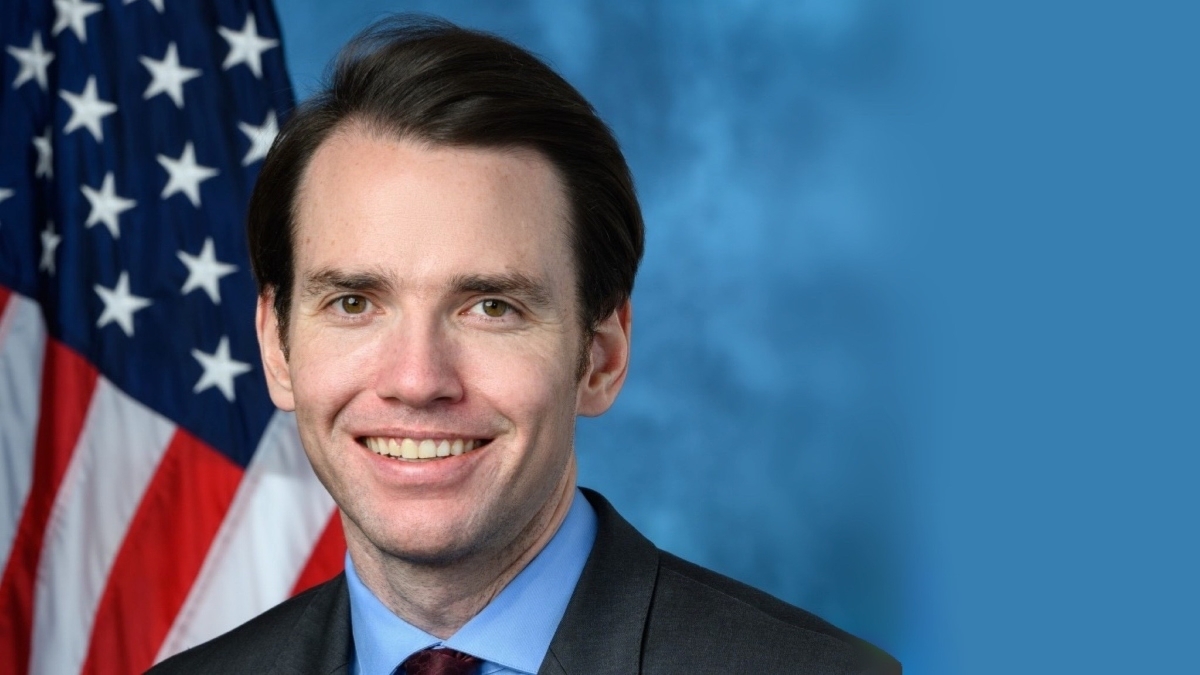As concerns heighten about bringing California’s AB 5 nationwide, U.S. Rep. Kevin Kiley, R-Rocklin, recently chaired a Congressional hearing, allowing people impacted by the controversial statute to urge congressional lawmakers not to adopt a federal version.
Under the Biden Administration, at least two proposed bills and a Department of Labor (DOL) rule would alter how independent contractors could continue in their chosen professions, Kiley told the Northern California Record.
Kiley represents California's 3rd Congressional District, northeast of Sacramento.
“This has already happened in California with AB 5 and now they’re trying to create a national policy out of it,” Kiley said. “And so one of the huge takeaways from our hearing was that we cannot restrict people’s ability to continue in their careers. Millions of livelihoods are at risk.”
Within the House Committee on Education and the Workforce, Kiley is chair of the Subcommittee on Workforce Protections, which had met for discussion and testimony on the Biden Administration’s efforts to change how independent contractors can operate.
In remarks from Tammy McCutchen, who was Administrator of the DOL’s Wage and Hour Division under President George W. Bush, she said there are roughly 65 million independent contractors in the U.S.
Data shows that’s a nearly 70 percent increase since 2020. McCutchen also asked which DOL worker classification rules are currently in use.
The PRO Act to take a version of AB 5 national was reintroduced in both Houses of Congress after the midterms, not long after the DOL made its intentions known with its similar rule.
“We don’t have an announcement yet on the timing of a Final Rule on independent contractors, but the department expects to have that announcement soon,” Egan Reich, the Labor Department's director of media and editorial services, told the Record by email.
In the Workforce Protections hearing, committee members U.S. Reps Ilhan Omar, D-Minnesota, and Donald Norcross, D-New Jersey, both voiced support for the proposed DOL rule and how being union members has worked for them.
In testimony, Karen Anderson, a writer and founder of the Facebook group Freelancers Against AB 5, discussed a community of people who in some cases had seen their careers disappear.
“All told, within my group, we've identified more than 600 categories of professions impacted in some way by AB 5 and its onerous ABC test, the same ABC test that USDOL praises in its proposed FLSA rule,” Anderson said. “On behalf of independent professionals in California, I ask that the cautionary tale of AB 5 and its ABC test be a warning to the nation so that these types of destructive policies don’t spread nationwide.”
The Ninth Circuit federal appellate court in March also issued a rebuke of AB 5 in its Olson v. Postmates decision.
In California, in the weeks after Gov. Gavin Newsom signed AB 5 in 2019, workers in hundreds of professions called for amendments to help them continue working, and in the interest of the people’s needs, the bill’s author, former Assemblywoman Lorena Gonzalez, D-San Diego, who now heads a powerful labor union here, agreed to make some exemptions. Newsom signed that legislation as well.
But not all restrictions were reversed, as alleged in American Society of Journalists and Authors v. Bonta.
“We’re going to continue to be on the side of American workers, and to fight back against this attempt to take away their rights,” Kiley said. “We’re going to make sure that we don’t let legislation pass that is anti-worker, and that we don’t let workers suffer under labor laws like AB 5.”
During a recent Senate Confirmation hearing, President Biden’s Labor Secretary nominee, Julie Su was asked about her role implementing AB 5 in California. Su also is scheduled to appear before the House Education and Workforce Committee on Wednesday for a hearing titled Examining the Policies and Priorities of the Department of Labor.
If the agency rulemaking process is used to try and pass a national version of AB 5, efforts would be undertaken to stop it, Kiley said.
“To protect the rights of independent contractors, the legislation that we’re going to bring would reverse the DOL rule entirely," he said.
He noted the DOL rule is even more far-reaching than AB 5 because of the dozens of carveouts for certain industries where the DOL rule doesn’t have any.
“So you’re going to have even more people’s livelihoods that are destroyed in more industries,” Kiley said.
Others providing testimony emphasized the negative impact of AB 5 on women or anyone who needs flexibility to care for children, parents or other relatives.
“People from every walk of life are negatively affected by these restrictions,” Kiley said. “And it’s particularly hard on people who have other commitments and need flexibility, especially if they’re caring for family members or have a health condition or other personal circumstances.”
The Independent Women’s Forum and other women’s organizations have rallied against the proposed DOL rule and PRO Act..
Meanwhile, another case involving AB 5 and free speech is now before the U.S. Supreme Court, with petitioners in Mobilize the Message v. Bonta seeking the high court’s review.
